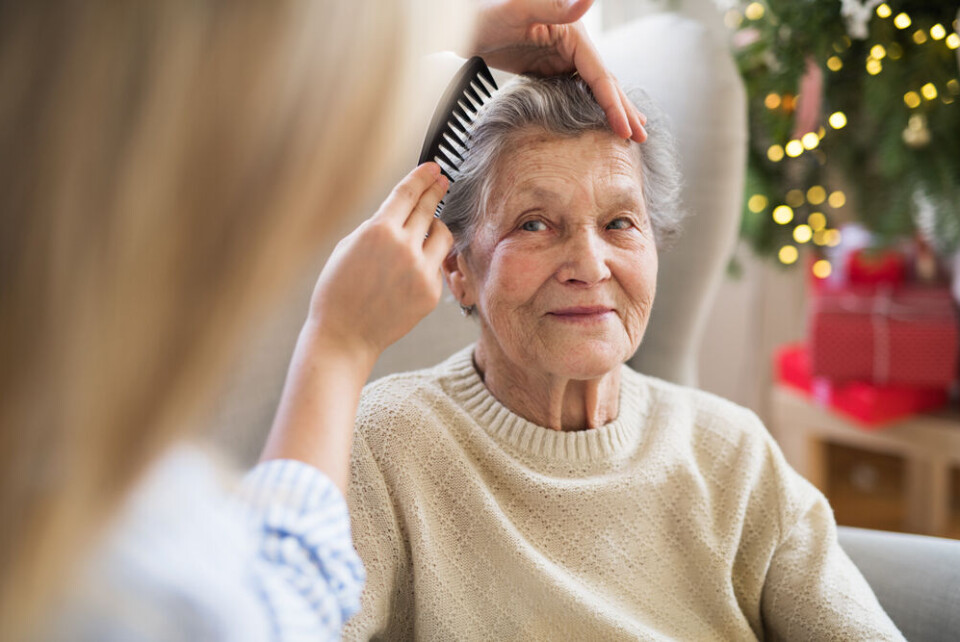-
Are children living outside of France obliged to look after their parents?
Both parents and children have familial obligations to financially support each other
-
Could I be forced to sell my house to pay fees if my spouse has to move into nursing home?
Various funding options exist that can help towards costs of residential care
-
Dates 2026: Family allowance payments and other French benefits
The payment date varies if it falls on a weekend
French benefit explainer: Apa, help to stay independent in older age
The personalised autonomy allowance can help older people continue to live in their own home or be used to fund care home costs

What is Apa?
The allocation personnalisée d’autonomie (Apa) allows people to pay for day-to-day help to live independently for longer in their own homes.
This can, for example, include someone visiting to help with washing and dressing, as well as help towards home safety equipment, such as the addition of stair rails and installing a fall alert system.
It can also be used to cover the delivery of meals and, for people in residential homes, it covers some of the overall costs.
Who can apply?
You must be aged 60 or over, be settled in France and need help with daily tasks, or have a health condition that requires a lot of supervision.
You must live either in your home, with a relative, with another paid carer, or in sheltered accommodation (eg. flats adapted for older people, with a caretaker on hand).
If you are not a French or EU citizen, you need a valid residency card.
Read more: Can non-EU residents access French retirement homes?
How much is paid?
The amount of Apa varies, based on the cost of the care that you are agreed to require.
Maximum payments are based on a grid, known as AGGIR.
There are six groups into which people are divided by their needs.
Anyone classed as GIR 1 needs the continuous presence of caregivers, while GIR 4 would represent someone who is mobile but needs help with tasks such as washing, dressing and eating.
Apa is only granted to people who are deemed to be GIR 1 to 4.
The maximum monthly payments for people who live in their own homes are:
-
€1,914.04 for GIR 1
-
€1,547.93 for GIR 2
-
€1,118.61 for GIR 3
-
€746.54 for GIR 4
Unless your monthly income is very low (for example, €864.60 or below as a single person) you will be expected to make some contribution from your own pocket.
These increase progressively up to 90% of the cost of your proposed assistance plan.
If your monthly income exceeds €3,184, your contribution would be equal to 90%.
For people in residential homes, different levels of dependency fees (tarifs dépendance) are set by each facility, again reflecting the degree of a resident’s dependency needs.
Apa will go towards these fees, that pay for assistance or special adaptations, but not the basic accommodation cost, which comes under the tarif hébergement.
Each establishment will have details of its rates but a simulator is available here.
How to apply
You apply online or by paper form to your departmental council.
Find out more by putting in your postcode here.
You can also obtain help and advice at local information points. Find your nearest information point here.
Good to know
Apa is not one of the French benefits that has to be paid back from the estate of a recipient after their death.
Related articles
French benefit explainer: Aspa low pension income top-up
























